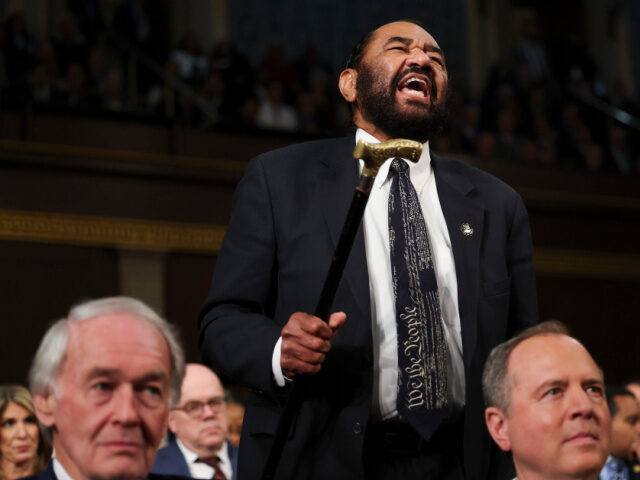William Taylor, the U.S. ambassador to Ukraine, admitted in a closed-door hearing before Congress today that he had been acting under the impression that there was indeed a quid pro quo between President Trump and Ukrainian President Volodymyr Zelensky.
This is bad news for Trump, and even worse for the Senate Republicans who will undoubtedly be forced to take a side when the Democrats’ impeachment inquiry moves to the Senate for a trial.
Taylor’s opening statement, obtained by the Washington Post, confirms that the U.S. planned to withhold military and financial aid from Ukraine if the country didn’t assist the U.S. in its investigations into 2016 election interference. This might not be great diplomacy, but it isn’t illegal — the investigation into election interference is a legitimate government operation which, due to its nature, is somewhat dependent on foreign cooperation.
Forcing Ukraine to investigate Trump’s political rival, however, is another matter entirely, and one that lies at the center of Taylor’s testimony. At question here is a conversation Taylor had in September with Gordon Sondland, the United States' envoy to the European Union. “As I said on the phone,” Taylor said in September, “I think it’s crazy to withhold security assistance for help with a political campaign.”
To which Sondland replied: “Bill, I believe you are incorrect about President Trump’s intentions. The President has been crystal clear no quid pro quos of any kind. The President is trying to evaluate whether Ukraine is truly going to adopt the transparency and reforms that President Zelensky promised during his campaign.”
Taylor’s message was originally interpreted as a reaction to media reports that the U.S. was unnecessarily withholding military aid from Ukraine. But in his opening statement before Congress, Taylor confirmed that his message was not merely a reaction to the media, but a condemnation of a coordinated effort by Trump, Sondland, and the president’s personal lawyer, Rudy Giuliani.
“I said on Sept. 9 in a message to [Sondland] that withholding security assistance in exchange for help with a domestic political campaign in the U.S. would be ‘crazy,’” Taylor said in his testimony, “I believed that then, and I still believe that.”
Taylor then lays out the timeline of Trump’s interactions with Zelensky and the “highly irregular” channel of U.S. policymaking in Ukraine that included then-Special Envoy Kurt Volker, Sondland, Secretary of Energy Rick Perry, and Giuliani. This “irregular” channel actively worked against U.S. interests and in favor of Trump’s personal interests, Taylor said.
“By mid-July it was becoming clear to me that the meeting President Zelensky wanted was conditioned on the investigations of Burisma [the Ukrainian oil company that Joe Biden’s son, Hunter Biden, worked for] and alleged Ukrainian interference in the 2016 U.S. elections,” Taylor said in his testimony. “It was also clear that this condition was driven by the irregular policy channel I had come to understand was guided by Mr. Giuliani.”
Taylor soon after realized that the hold placed on security assistance to Ukraine by the Office of Management and Budget ran counter to the State and Defense Departments’ recommendation that the U.S. assist Ukraine in its battle against Russia, and that it had more to do with Sondland’s demand that Ukraine commit to an investigation into Hunter Biden’s dealings with Burisma than it did with the U.S.’s investigation into election meddling.
Taylor’s testimony is both clarifying and damning for the Trump allies and Senate Republicans who have insisted there was no quid pro quo. Ukrainian officials might not have been aware that foreign aid was being withheld, but the U.S. government certainly was aware. And if it wasn’t clear before, it is now clear that Trump had a personal agenda and used Sondland and Giuliani to further it.
Impeachment will move forward, which means the Senate will eventually need to decide whether Trump was guilty of foreign malfeasance. Taylor’s testimony just made it that much harder to rule in his favor. His congressional allies will continue to stand by him, especially if House Democrats continue to treat impeachment like a campaign promise they need to fulfill.
But there will be other Trump-skeptical senators wary of the president’s blatant abuse of power who might just drift to the pro-impeachment side. Republicans control the Senate 53-47. It takes 67 votes to convict. Taylor’s testimony might just tip the scales.



No comments:
Post a Comment